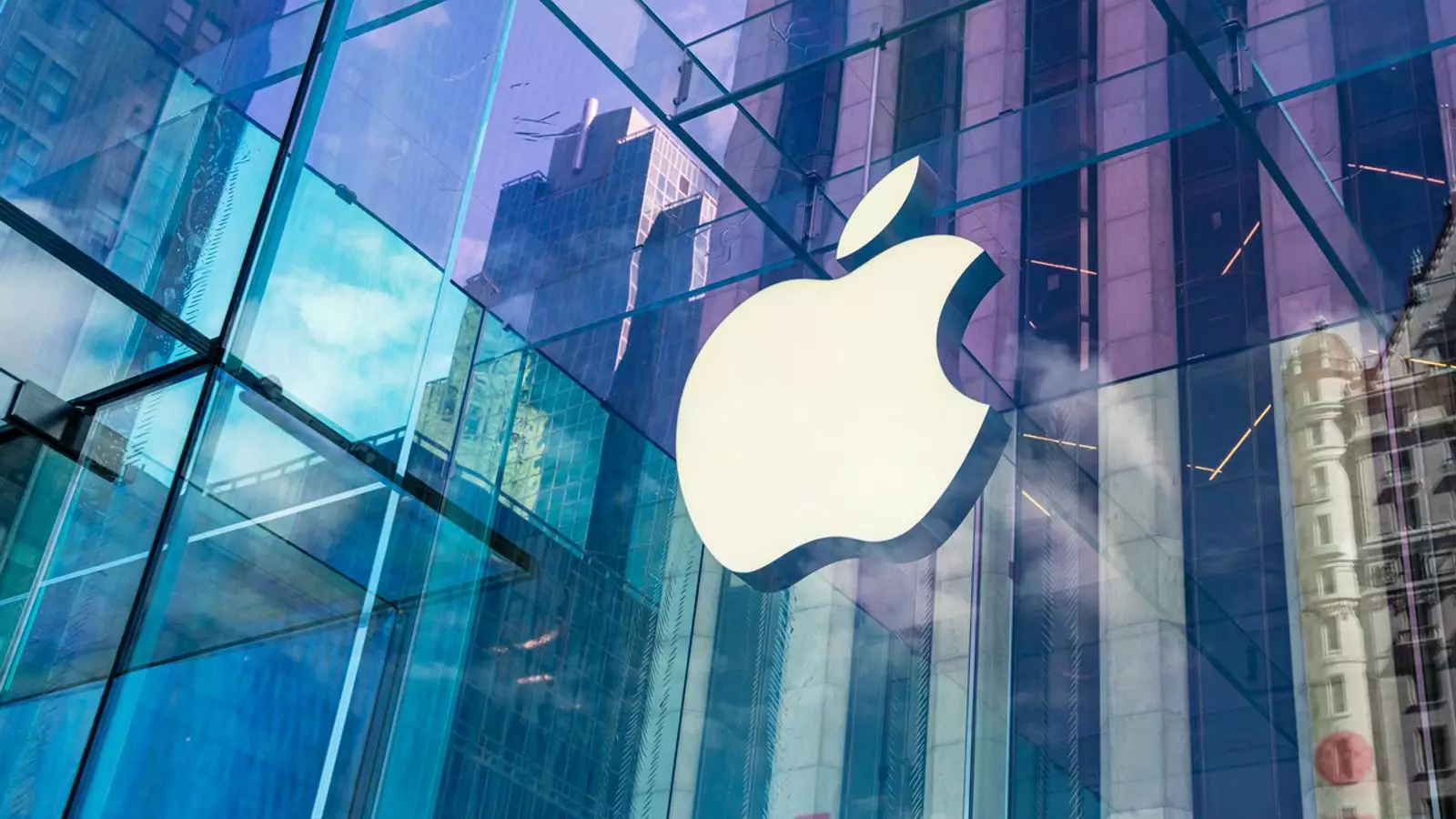In a controversial move, the UK government has reportedly mandated that Apple provide access to encrypted data stored by users worldwide on its cloud service, igniting fierce debate over the implications for privacy and national security. The demand stems from the UK’s insistence on enforcing a Technical Capability Notice (TCN) that grants broad access to user data, including information stored under Apple’s Advanced Data Protection (ADP). This development raises critical questions about the balance of power between technology companies and governmental authority, as well as the potential fallout on user privacy, civil liberties, and the technological landscape.
Apple’s position has traditionally emphasized stringent user privacy protocols, so much so that even the company itself cannot decrypt data in its possession. Yet the UK government’s request aims to facilitate law enforcement’s access to encrypted communications purportedly to enhance public safety. However, privacy advocates view this as an overreach that threatens to dismantle the foundational trust users place in encryption technologies.
The UK government argues that breaking encryption is essential for safeguarding children, combating crime, and ensuring public safety. Proponents of this perspective contend that access to decrypted data can help identify potential criminal activity and serve broader societal interests. However, this standpoint opens the door to significant ethical dilemmas, as the line between legitimate governmental oversight and invasive surveillance becomes increasingly blurred.
Critics highlight that allowing governments to bypass encryption may lead to the erosion of basic civil liberties. This slippery slope poses risks, not only for average users but also for journalists, whistleblowers, and activists whose work often depends on confidentiality and secure communication channels. The reality is that once governments are granted the power to decrypt information, the potential for misuse increases exponentially. As a result, critics caution that bad actors might take advantage of these tools, rendering previously safe digital spaces dangerously vulnerable.
The ramifications of the UK’s order extend beyond its own borders, raising concerns that other nations may seek similar accommodations. For instance, authoritarian regimes could exploit such precedents to pressure Western technology companies into complying with intrusive surveillance regulations. This reality poses a fundamental challenge to global standards of privacy and data protection in an increasingly interconnected world.
Apple has argued that being compelled to provide decrypted information would fundamentally undermine human rights. Such a requirement could set a significant legal and ethical precedent, leading to extensive international repercussions that may further polarize relationships between technology companies and state authorities. In this context, the potential demand from the UK government to act as a “world regulator” of security technologies might create tensions with entities like the European Union and ongoing geopolitical dynamics, adding another layer of complexity to the issue.
The conversation surrounding encryption often involves the intersection of technology and law, revealing a complex landscape where technological capability may not always align with legal frameworks. The progression of encryption technology has fundamentally shifted how data is shared and protected; hence, the assumption that technology companies can simply dismantle such systems at the behest of the government overlooks the intricacies of modern digital ecosystems.
Apple’s ADP feature is a prime example of technological advancements designed to empower users with privacy tools that keep their data secure from unauthorized access, including from the providers themselves. Given the nature of end-to-end encryption, any requirement to provide decrypted access raises questions about the technical feasibility and ethical implications of such actions.
As the dialogue around encryption continues to evolve, stakeholders must grapple with the diverse perspectives surrounding user privacy, state authority, and the responsibilities of technology firms. The challenge lies in carving out a balanced approach that neither undermines individual rights nor compromises national security.
The scrutiny directed at Apple serves as a microcosm of a broader debate that will undoubtedly shape the future landscape of technology and privacy rights. As more governmental authorities embark on similar endeavors, the need for clear policies outlining the boundaries of governmental access to encrypted data becomes increasingly imperative. The encryption saga in the UK is but a chapter in an ongoing narrative that will likely influence technology legislation and digital rights advocacy globally for years to come.


Leave a Reply